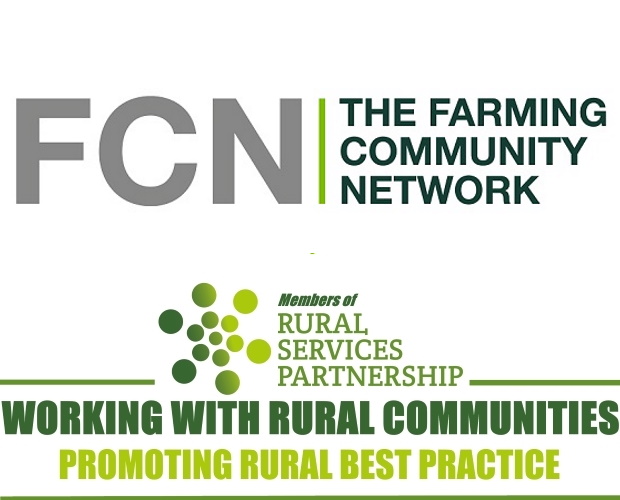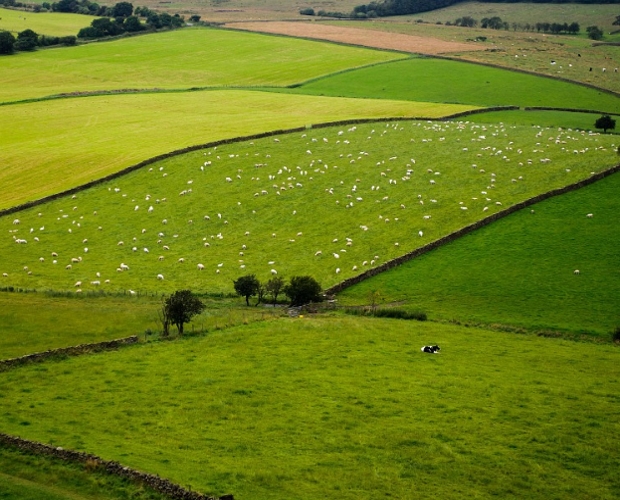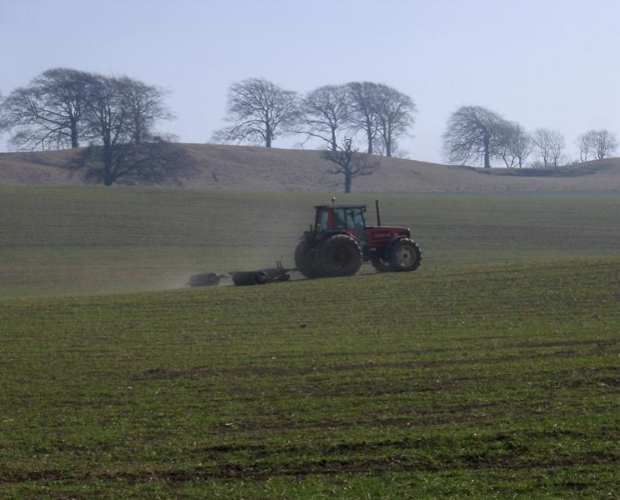T: 01822 851370 E: [email protected]
Visit RSN Survey about life in rural England to find out more.
Five hundred farmers and rural businesses met in Westminster on Thursday 28 November to discuss post-Brexit countryside plans with Environment Secretary Michael Gove, as reported by the Darlington and Stockton Times. The day of action was organised by the Country...
For most people within the farming community, it is far from an easy conversation to have. But with more than one member of the farming community dying by suicide every week, mental health is a subject that can no longer...
The RSA’s Food, Farming and Countryside Commission published a report into the future of farming and the countryside. The report was divided into four sections: Meeting our global obligations, Securing the value of land, Good work for a thriving economy...
Malvern Hills District Council and Wychavon District Council are hosting the upcoming ‘Protect Your Farm, Protect Yourself’ Event, being held at Three Counties Showground on Thursday 22 November, 4-7pm. This free event will provide advice to the rural business and...
ITV News reports on the announcement that the Government is to launch an independent review of how farm funding will be distributed between England, Scotland, Wales and Northern Ireland after Brexit. An independent advisory panel, led by Lord Bew, will...
The Financial Times reported on the possibilities for the British countryside post-Brexit. The article laments that the EU’s Common Agricultural Policy (CAP) used lucrative incentives to encourage British farmers to cultivate huge swathes of land, leaving the countryside bereft of...
The National Farmers’ Union has called on the Government to ensure that farmers across the country have access to adequate broadband. The NFU launched a survey to ‘build a true picture of connectivity in the countryside’. The findings will be...
Following the Government’s new visa scheme announcement on Thursday, several farmers’ associations have criticised the plans as, ‘simply not enough’. The new visa scheme, announced by the Home Secretary and the Environment Secretary, will allow 2,500 migrant workers per year...
The Rural Business Research Unit at Askham Bryan College is part of Rural Business Research; a national consortium of six Universities and Colleges delivering projects for government, levy-funded research bodies, research councils and commercial clients. The research undertaken includes specific...
A new system of payments aims to improve the rural environment and delivery of public goods. The government has unveiled plans to abolish farm subsidies in England and replace them with a new system of payments for environment...
NEWSLETTER
Sign up to receive all our latest news and updates.
HOT TOPICS
Amid reduced public spending, fair resource allocation across regions is crucial. Despite a population larger than Greater London, rural areas receive significantly less funding for essential services, even though delivering these services in rural areas is more expensive.
Economic growth is widely acknowledged as essential for national wealth and prosperity and is a priority for political parties. Rural economies, employing millions and home to a higher proportion of small businesses, have potential for growth if barriers are removed.
Rural residents face distinct healthcare challenges, including limited access to transport, longer distances to medical facilities, an aging demographic, housing inadequacies, digital connectivity gaps, and difficulties recruiting health and care workers.
Rural communities are grappling with a severe affordable housing crisis, marked by high house prices, a lack of affordable housing, elevated living costs, and lower incomes, threatening their sustainability and vitality.
Transport is vital for the quality of life and economic health of rural areas, yet it faces challenges such as infrequent public bus services and less Government funding compared to urban regions.
Rural areas, encompassing a substantial portion of England's population and land, play a pivotal role in combating climate change and achieving the net zero target.
In an increasingly digital world, the lack of robust digital infrastructure in rural areas severely limits access to crucial services and stifles economic growth.
A future-focused vision for rural communities involves not just building the right homes in the right places but also ensuring thriving, sustainable communities.
SIGN UP TO OUR NEWSLETTER
Sign up to our newsletter to receive all the latest news and updates.










